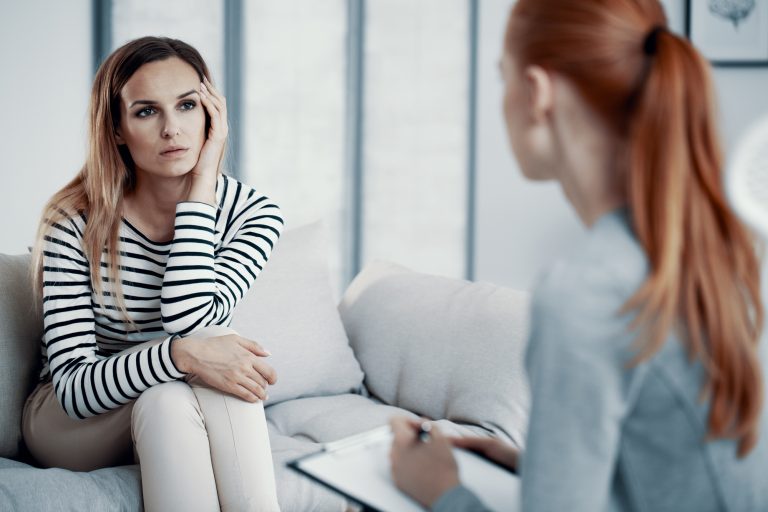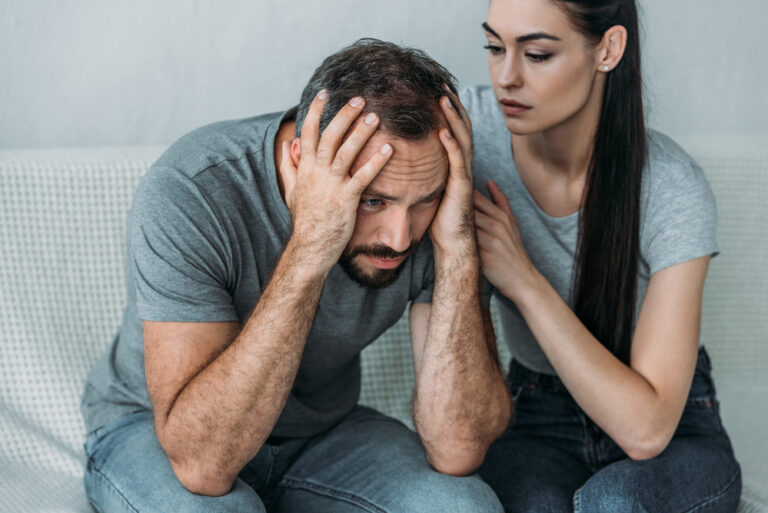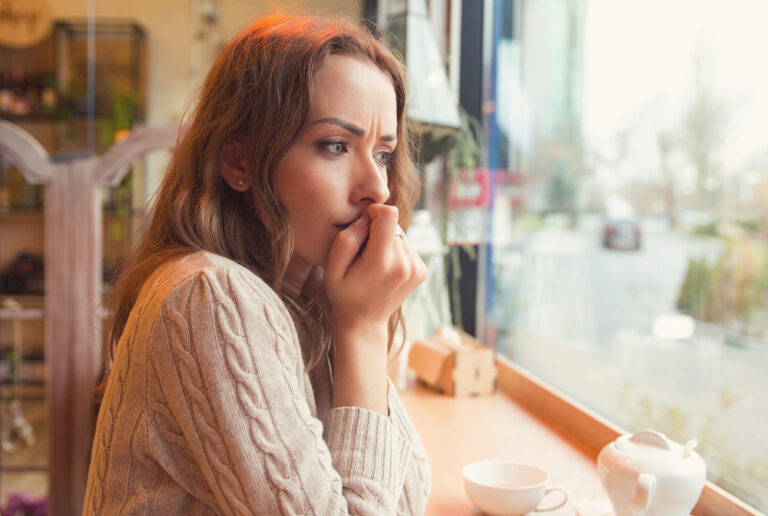The Covid pandemic really scrambled a lot of our traditional social cohesion. There are a number of potential reasons for why people might be socializing less. They include fears of getting sick, for one. In addition, many people are no longer working at the office. Instead they are working from home, which cuts down on social interaction as well as opportunities to go “out on the town” with your colleagues after work. And the third factor that I think is important to consider is the vocational insecurity that a lot of people are feeling given a lot of the layoffs at companies. It’s hard to socialize with your friends and spend money on restaurants or trips when you’re worried that you might be laid off at any minute. Given all this. It’s not surprising that a recent poll shows that fully 42% of Americans state they are less sociable than before Covid and 36% respond that their quality of life is worse off now and 30% think they are more anxious now.
Similar Posts

Bipolar Disorder Q&A
Are there any misconceptions about bipolar disorder?Many people don’t realize that bipolar disorder can run in families. Data demonstrates that those with specific genes can have a bigger chance than others of having bipolar disorder. What are some signs of bipolar disorder that people may not realize?Many people think bipolar disorder is limited to swings…

Psilocybin and Depression
Research suggests that psychedelic drugs such as psilocybin, found in magic mushrooms, may have potential benefits for alleviating treatment resistant depression, anxiety and post-traumatic stress disorder, including for people with cancer. The National Institutes of Health (NIH) states that these drugs appear to work by encouraging the growth of new connections between neurons in the…

Handling Mental Health at the Holidays
Navigating the holidays with a family challenged by mental illness can be difficult, especially when kids are involved. For starters, you really need to prioritize open communication, set realistic expectations, and consider creating a supportive and understanding environment. In addition, it’s crucial to encourage self-care and for everyone and be mindful of each other’s needs….

Inspirational Phrases: Can They Really Help?
For many people, including those in the workplace, inspirational quotes can provide motivation, perspective, and encouragement. Of course, their impact varies from person to person, so it’s worth exploring to see if they resonate with you. For those who get professional encouragement from such quotes, its often because they distill complex ideas or emotions into…

Q&A on Body-focused Repetitive Behaviors (BFRBs)
Q: What are some of the most effective treatments currently available for BFRBs? A: Scientific data shows us that Body-focused Repetitive Behaviors (BFRBs) are treatable conditions, but solutions often can take a while to be effective. The best behavioral intervention is often referred to habit reversal therapy, which is another way of referring to learning…

Financial Imbalances in Marriages
The power balance in marriages and relationships can be a constant source of stress and anxiety since most people want to have a fair say in the important decisions made in their lives. And when there is a financial inequality, it can even threaten the very foundation of a relationship. In fact, American Psychological Association…
